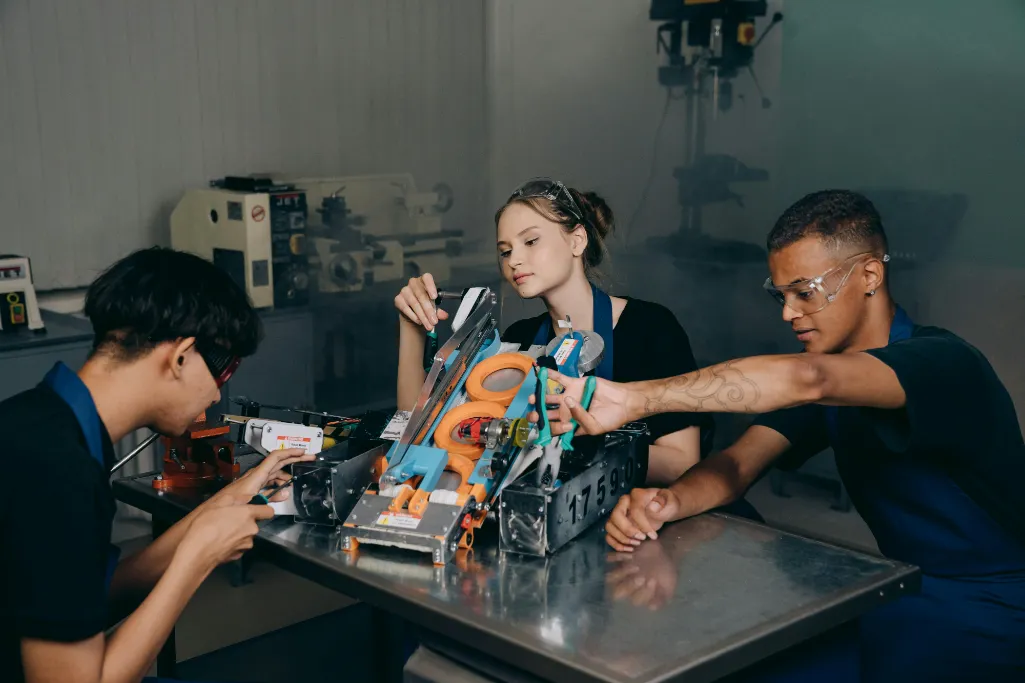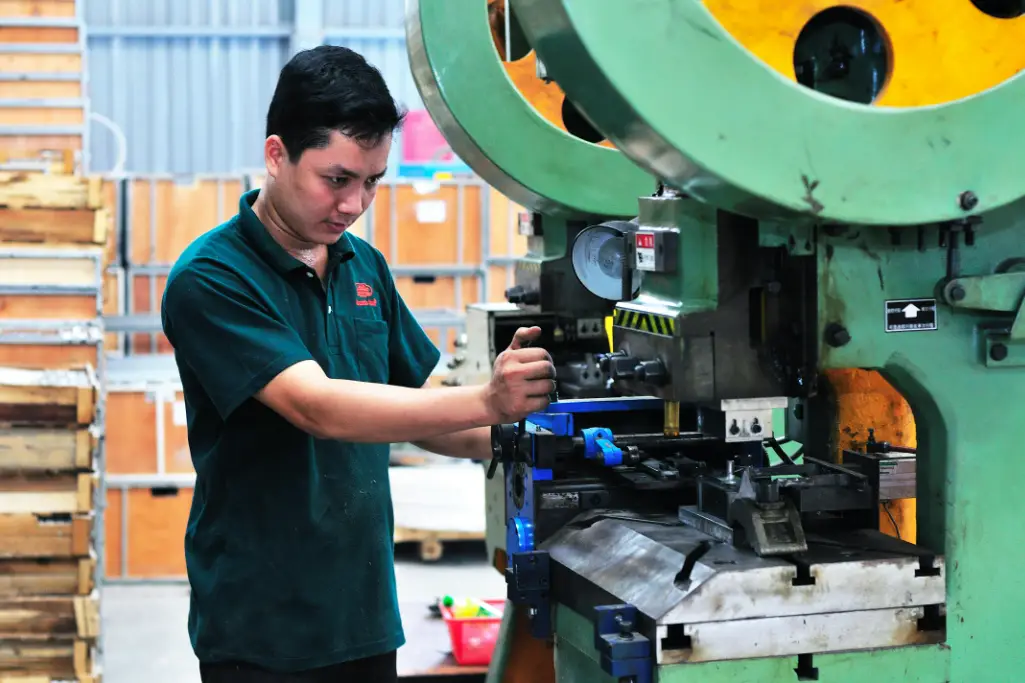Manufacturing Electronic Components

Manufacturing Electronic Components
Budapest , Hungary, Hungary
Looking for a Manufacturing Electronic Components Worker. As a Manufacturing Electronic Components Worker, your role involves handling electronic components and ensuring their proper assembly and functionality.
(Accommodation Provided By Employer).
Requirements for Visa:
- Passport Validity (1 year).
- Passport Size photo (4 Copies).
- Updated CV.
- Police Clearance Certificate.
- Age Up to 18-50 years.
- Good Physical and health, endurance, dexterity.
- Experience of Physical Work and skilled Work.
- Meat Processing, Packaging, Manufacturing &
- Kitchen Worker Experience Job.
Processing Time:
- Work Permit Processing time 4 - 6 weeks.
Both men and women can apply.
Responsibilities:
- Read and interpret schematics, blueprints, and assembly instructions.
- Position and align components and parts, either manually or using hoists.
- Use hand tools or machines to assemble parts.
- Conduct quality control checks to ensure accurate assembly.
- Diagnose and repair electronic components and devices.
- Perform routine servicing and inspections.
- Troubleshoot faulty materials.
- Monitor and report project progress.
- Collaborate with engineers and other professionals on technical tasks.
- Work closely with team members to achieve production goals.
- Update reports and maintain inventory records.
- Comprehend and follow complex manuals and diagrams.
- Adhere to safety protocols to prevent damage to components.
- Use various tools (e.g., grinders) for building and repairing systems.
Requirements and skills:
- The skill of assembling electronic components is crucial for building circuit boards and other electronic devices. It involves tasks like soldering, wiring, and connecting components.
- Wiring: The ability to wire electronic components together is necessary for proper assembly.
- Diagnosing and repairing electronic components and devices.
- Performing routine servicing and inspections.
- Troubleshooting faulty materials.
- Understanding and interpreting schematics and blueprints to guide assembly processes.
- Experience with programming manufacturing-specific devices and machines, including complex engineering software.
- Familiarity with MES (Manufacturing Execution Systems), PLCs (Programmable Logic Controllers), and other relevant tools.
- Comfort with digital systems, technologies, data, and AI systems.
- Using computer skills to improve software, hardware, and digital networks related to manufacturing.
- Adhering to safety protocols to prevent damage to components and ensure a safe working environment
- Working closely with engineers and other team members to achieve production goals.
- Providing relevant information to loading and delivery personnel about handling packed electronic components.














